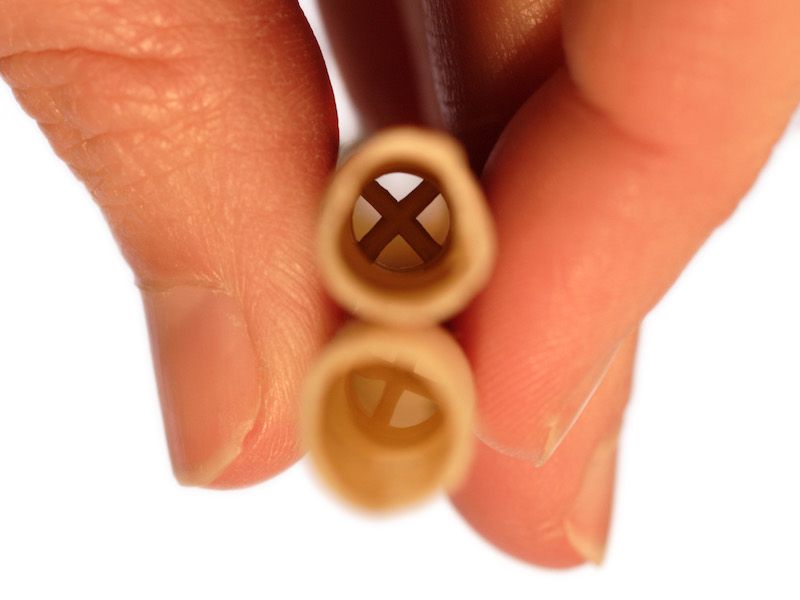
In some communities, the practice known as “ear candling” is routinely believed to be an effective way to decrease earwax. Is ear candling effective and what is it?
Earwax Candles, is it Effective?
Spoiler alert: No. No, they don’t.
Why then do otherwise reasonable people routinely believe in this pseudo-science. It’s difficult to say with much precision. But although the logical decision is quite obvious, knowing more about the dangers of earwax candling will help us make an informed choice.
Earwax Candling, What is it?
So the basic setup goes like this: Maybe you’re not sure how to eliminate all your accumulated earwax. You know you’re not supposed to use cotton swabs (which is good, cotton swabs are not a great way to clear out your ears, in general). So you start searching for an alternative and discover this method known as earwax candling.
Earwax candling supposedly works as follows: By inserting a candle into your ear (wick side out), you cause a pressure differential. The wax in your ear, then, is pulled outward, towards the freedom of the open world. Theoretically, the pressure differential is enough to break up that might be clogging up your ear. But cleaning your ears like this can be dangerous.
Why Doesn’t Ear Candling Work?
This practice has several problems, including the fact that the physics simply don’t work. It would require a considerable amount of pressure to move earwax around and a candle just isn’t capable of creating that amount of pressure. Second, generating that kind of pressure differential would call for some kind of seal, which doesn’t occur during candling.
Now, the candles that they use in these “procedures” are supposed to be special. When you’re finished with your fifteen minutes of ear candling, you can break up the candle and, in the hollow, see all bacteria, debris, and wax that was in your ear. The only issue is that the same debris shows up in both burned and unburned candles. So this “validation” is really nonsense.
Earwax candling hasn’t been proven by science to have any benefit whatsoever.
So Earwax Candling Doesn’t Work, But is it Safe?
What’s the harm in giving it a shot, right? Well, any time you get hot candle wax around your ears, you’re looking for trouble. Look, it’s quite possible that you could try ear candling and walk away completely unharmed. People do it all of the time. But there are definitely hazards involved and it’s certainly not safe.
The negative impacts of ear candling can include:
- You could cause serious harm when you play around with an open flame and potentially even put your life in danger. You wouldn’t want to burn down your house, would you? Eliminating a bit of earwax isn’t worth that kind of risk and danger.
- Your ear can be seriously burned. When melted candle wax gets into your ear, it can lead to severe hearing problems and burns. In the most serious cases, this could permanently compromise your hearing.
- Candle wax can also clog your ear canal once it cools down. You could end up temporarily losing your hearing or even requiring surgery in serious cases.
You Don’t Need a Candle to Clean Your Ears
In the majority of situations you will never even have to worry about cleaning earwax out. That’s because the human ear is essentially a self cleaning system. But you could be one of those individuals who have an abnormally heavy earwax production.
If you do need to clean out your ears due to too much wax, there are scientifically-proven (and reliable) means to do that properly. You could try a fluid wash, for example. Or you could see a specialist who will be able to use specialized tools to clean the excess wax or wax blockages out of the way.
Cotton swabs are definitely a no-no. And you should also avoid using an open flame to clear out earwax. Earwax candling isn’t effective, and it can create risks that will put your comfort and your hearing in significant danger. Try burning candles for their sent or for enjoyment but never as a means to clean your ears.